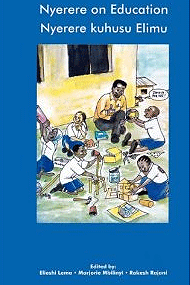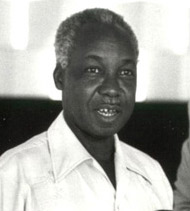Nyerere the Father of Southern African Liberation
Mwalimu Julius Kambarage Nyerere was the father of southern African liberation, and one of the founding fathers of the Southern African Development Community. Born in Butiama near Lake Victoria on 13 April 1922, when he passed away 10 years ago on 14 October 1999, Africans everywhere shared the sense of loss felt by Tanzanians.
He was Baba wa taifa, father of the nation, the moving force for the independence of Tanganyika on 9 December 1961 and for its unity with Zanzibar on 26 April 1964 to create the United Republic of Tanzania. A charismatic leader of sharp intellect and great personal integrity, he welded a country and a national identity from over 120 ethnic groups, united by their language Swahili and by a social harmony constructed on the ideals of peace, justice, unity and personal commitment.
His firm support for equality and tolerance ranged across all diversity of race, religion, class and gender. He encouraged Tanzanian women to play a leadership role in society and adopted a parliamentary system that has guaranteed seats for women. His pursuit of an equitable socio-economic society through collective self-reliance was more difficult than he had envisaged, and he once said that "we are very good at sharing the wealth in Tanzania but I only wish we had made more wealth to share."
Tanganyika's independence in 1961 was an inspiration to those who believed that political independence could be achieved by non-violent means and he worked tirelessly…


